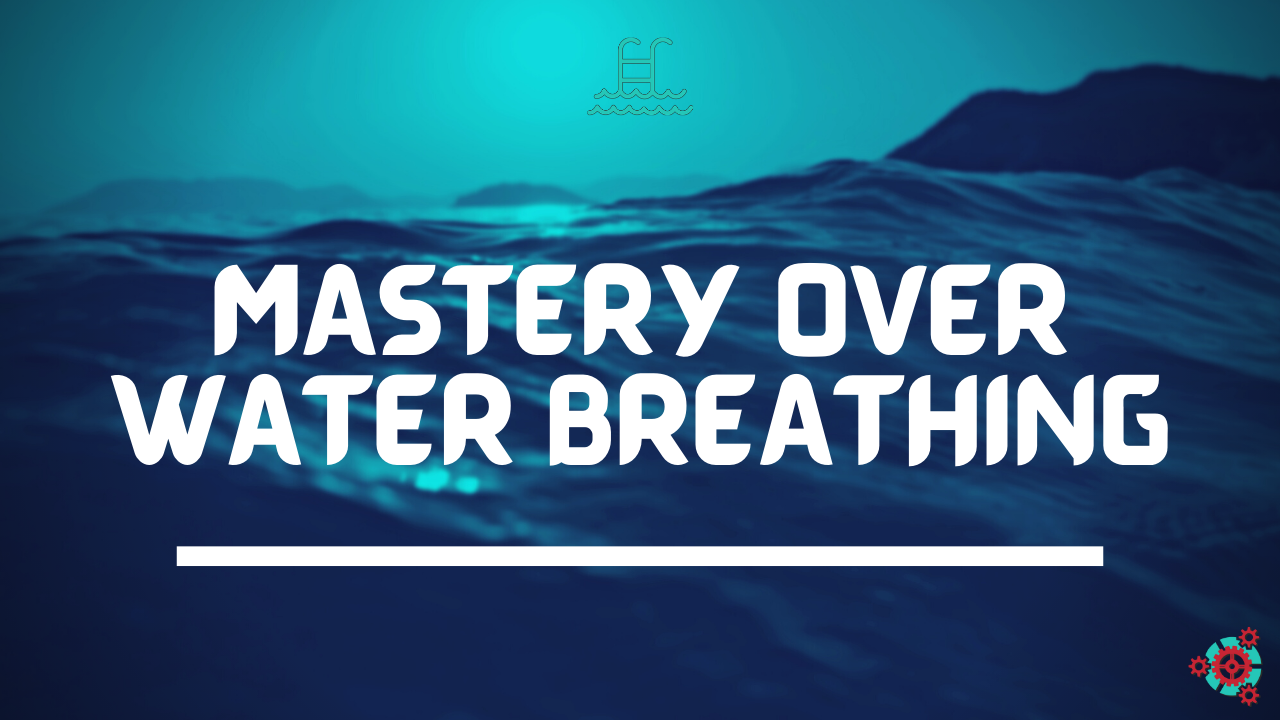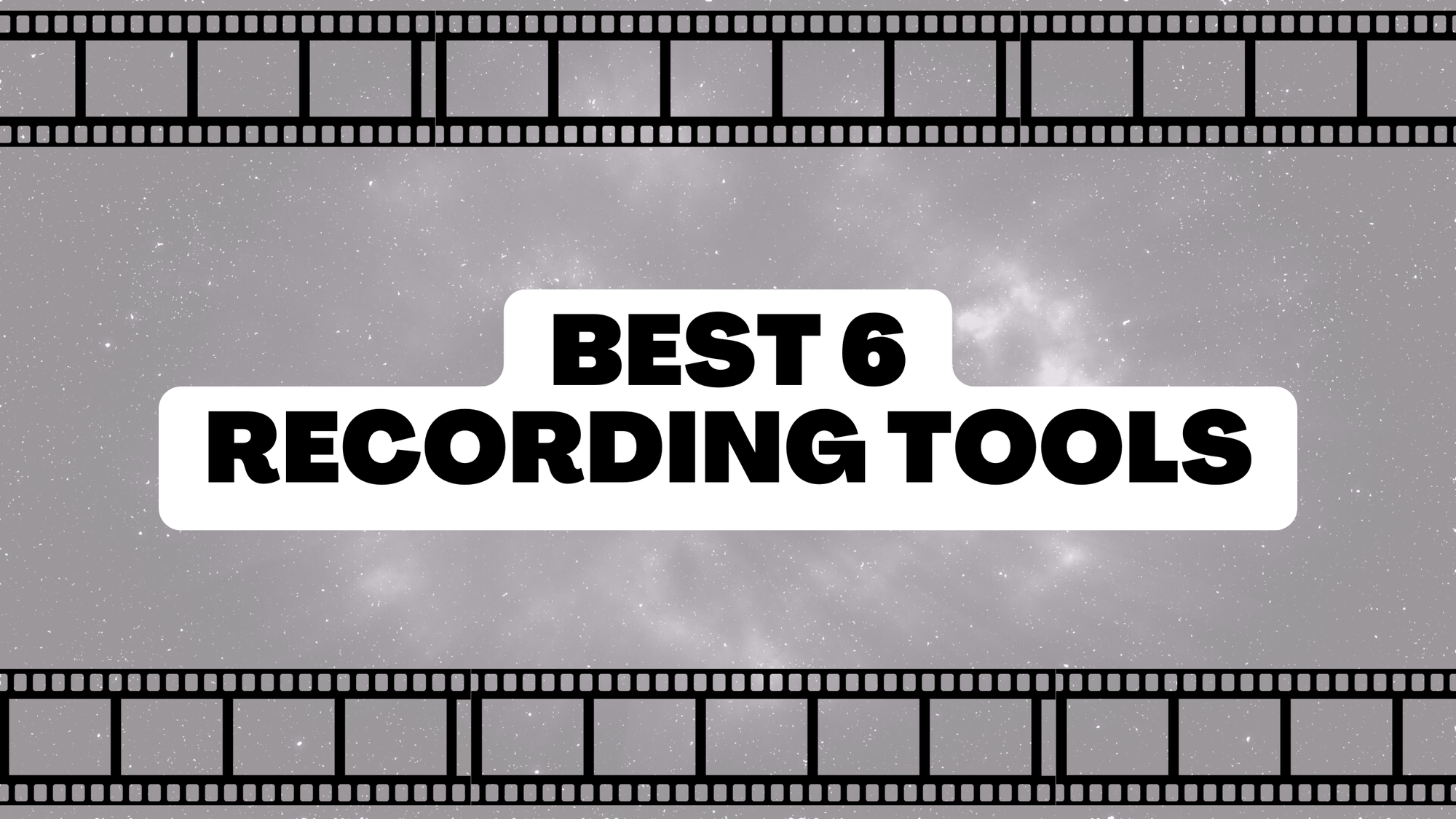In the previous newsletters a couple weeks ago we had been talking about breathing in the water. What the carbon dioxide does to you, how to prolong your duration under the water, and how to be better at it.
This time we are going to put that all together into a more definitive explanation. Fair warning this week's post is gonna be a bit longer!
Why + Philosophy:
While there are some factors like how strong your lungs are, and how much exertion you are doing while moving/swimming. Those factors only make up a third of it all.
The other two thirds come from your mentality, and how calm you are.
Once you realize that it is about breathing out over time, rather than focusing on breathing in; That dichotomy shift will allow you to think differently IN THE MOMENT.
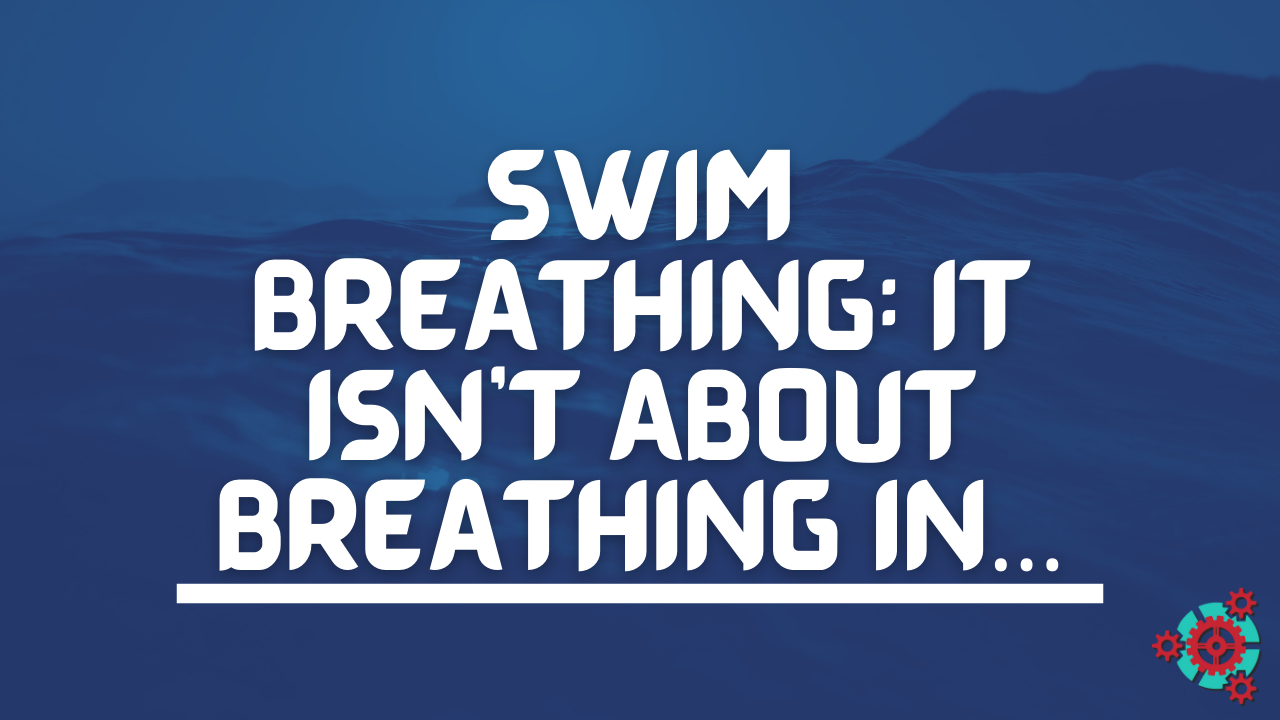
How + Physics:
How much exertion you do is dependent on your endurance, but also how well you are performing the form. If you mess up the 3 Steps, any one of them, then you are going to fail when you try to breathe.
Perhaps you can get a little air in, but nothing that will make you feel recovered in your lungs. That comes from taking a full breathe in, and in order to do that you need to keep the 3 steps going consistently.
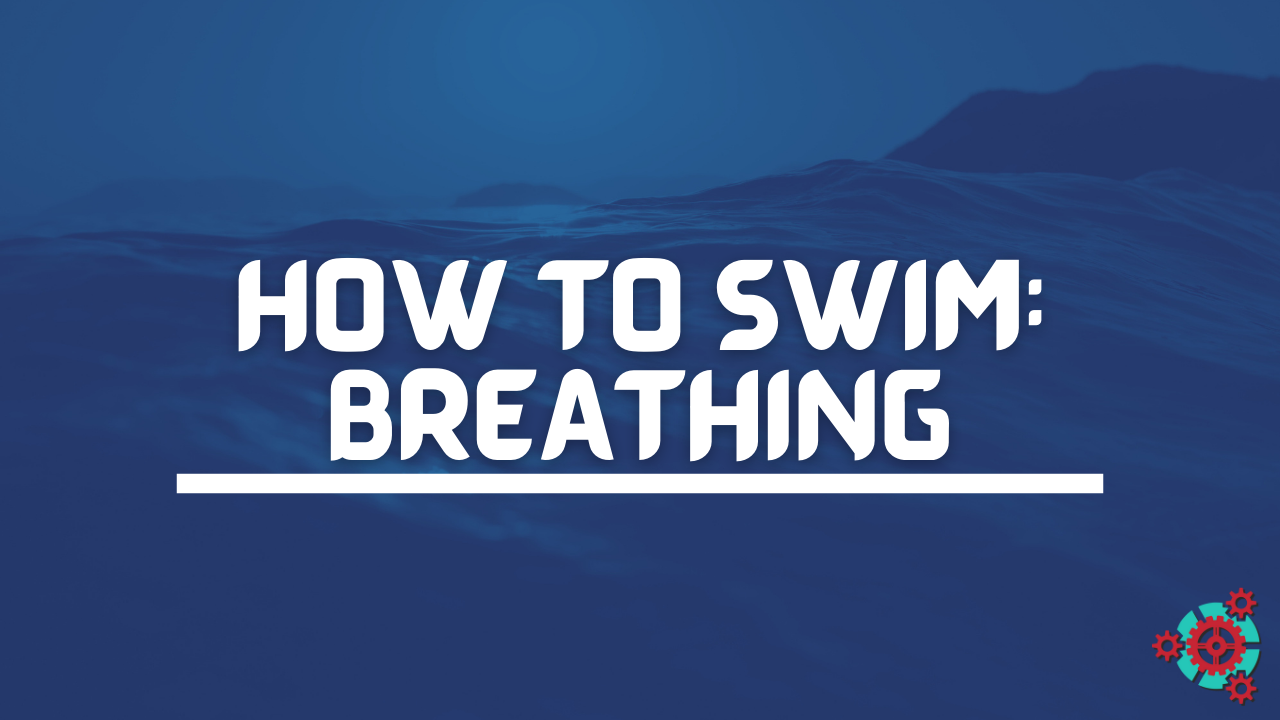
What + Psychology:
Building off the last two things, consistency and breathing out, if you put those together then your time spent under water can double.
Almost right off the bat.
That can change how much/how fast you learn dramatically. You only make progress when physically swim, learning only takes you so far, and you can only physically swim for as long as you can breathe.
If you maximize your baseline by properly following the 3 steps, that will get your momentum proper, and then you can breathe out over time. Hold your breath for about 5 seconds. Then boom, you increased your time under water from 5 seconds, to 10 seconds, or even perhaps to 15 seconds if all done right. (numbers are an example).
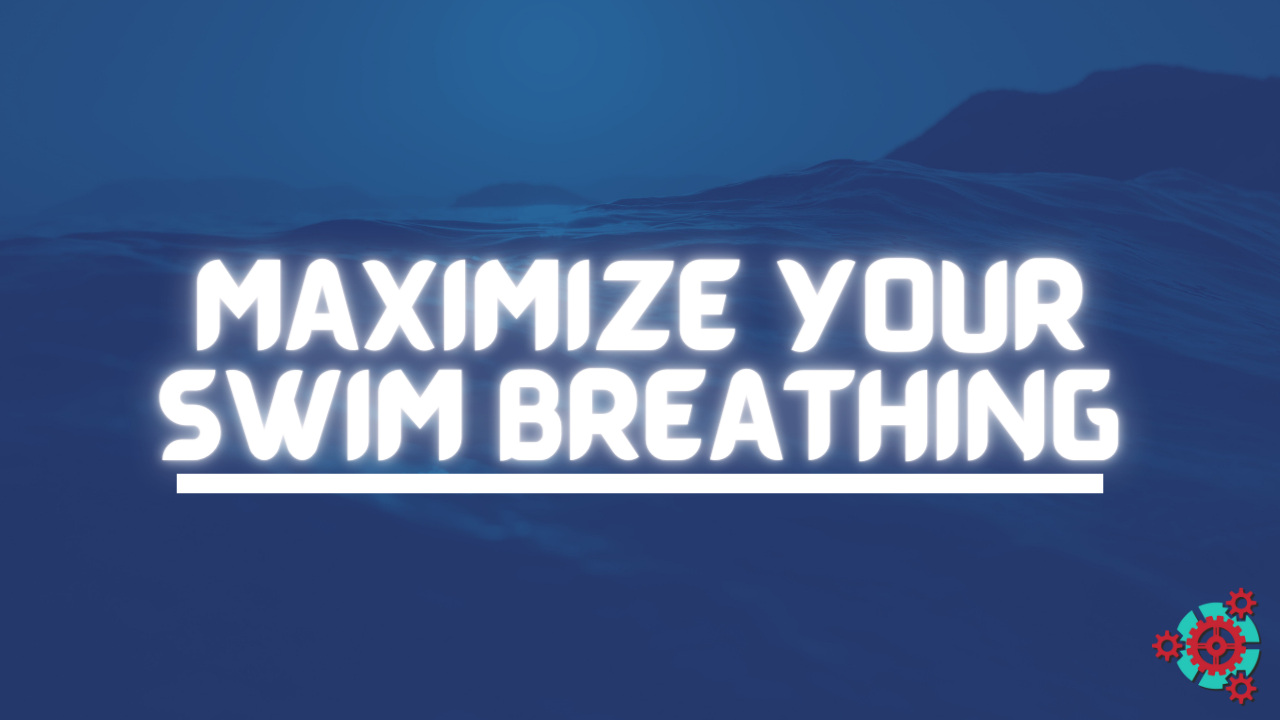
Conclusion
I can't tell you how hard I have tried to teach this stuff to people. It does not matter the age, the skill level, or anything. Just a matter of comprehending the complexity of this all. There are three layers here, and then putting it all together is another layer of understanding.
That is how learning is, and I mean it is the principle behind the 3 Simple Steps to Swimming too. Our brain likes groups of 3, and I make use of that as an instructor.
Firstly, most people panic at the first sign of feeling out of breathe. That alone takes a while to get past, and get used to not feeling that way anymore. For some folks that takes a bit longer for them to get their head around, and that is okay.
For other people it is the opposite, they get that it is about breathing out (not in). They get that quickly, but then physical actuation is what trips them up. They can't wrap their head around kicking, face down, arms out, then turning for breathing all at the same time.
Again, that is totally okay, as it isn't something that is simple.
There is a pattern, the ideas are explained simply here, but in practice it feels a bit off from our natural norm. However that is completely necessary because swimming is different than our normal walking or running physiology.
Our bodies and minds act differently in both scenarios. Take this post, and the ones shared in it. Figure out the breathing, and feel free to ask questions!
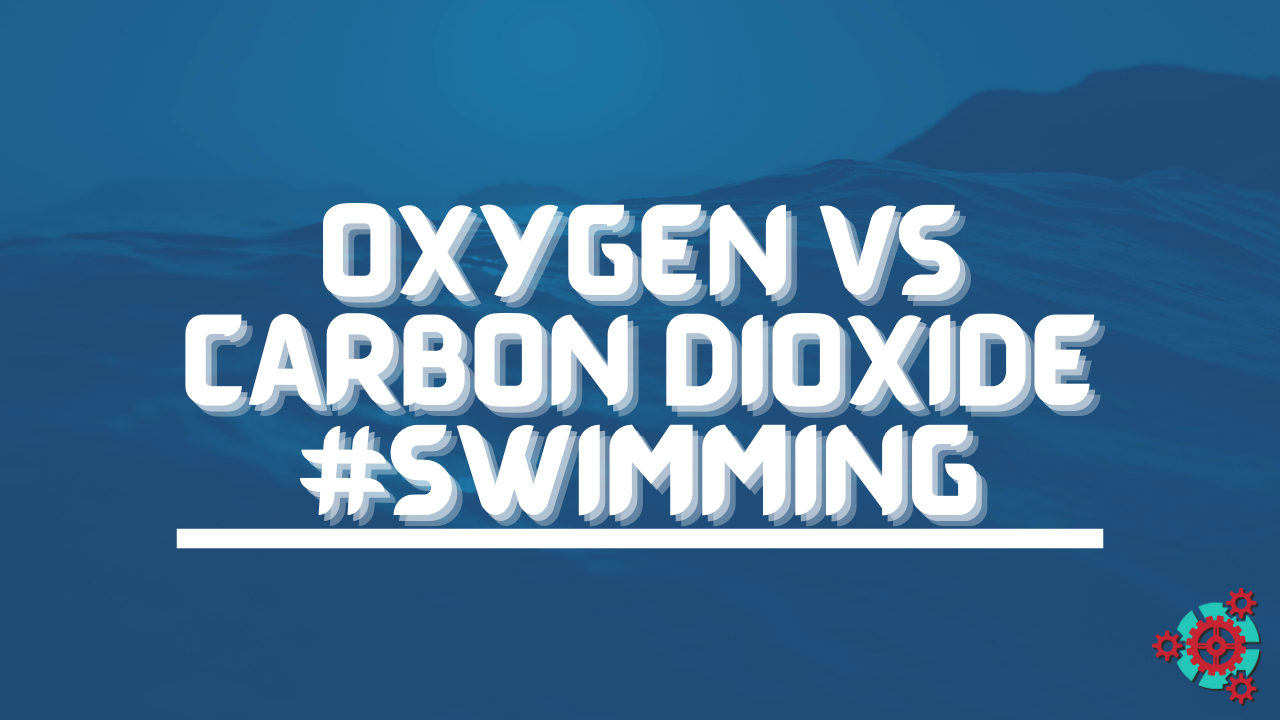
Disclaimer:
This is advice for people to level up their swimming, or perhaps get started in the first place. While you swim you should make sure you are doing so in a public facility with a lifeguard on duty for safety.
![Official Website for Dustin Miller PolyInnovator [LLC]](https://polyinnovator.space/content/images/2025/03/polyinnovator-logo-2024.png)

